
Richard J. Bleicher, MD, FACS, and Salvatore Nardello, DO, discuss what the benefits are of an oncology fellowship and the takeaways and important lessons Nardello learned from his own breast oncology fellowship at Fox Chase Cancer Center.

Your AI-Trained Oncology Knowledge Connection!


Richard J. Bleicher, MD, FACS, and Salvatore Nardello, DO, discuss what the benefits are of an oncology fellowship and the takeaways and important lessons Nardello learned from his own breast oncology fellowship at Fox Chase Cancer Center.
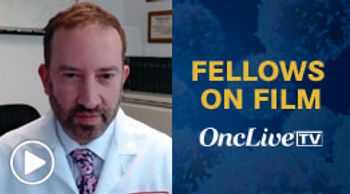
Richard J. Bleicher, MD, FACS, and Salvatore Nardello, DO, discuss what brought Dr. Nardello to the breast cancer field, what made him decide to pursue an oncology fellowship, and what residents should think about when choosing a fellowship location.

The 9th Annual Giants of Cancer Care® awards ceremony was a featured event at the 39th Annual CFS®: Chemotherapy Foundation Symposium Innovative Cancer Therapy for Tomorrow®, hosted by Physicians’ Education Resource® LLC.
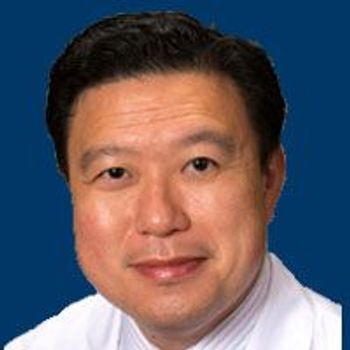
Clinical advances in treatment of small cell lung cancer have lagged behind those of other tumor types, but the delay is not for lack of effort.
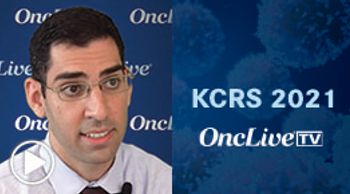
Kevin Zarrabi, MD, discusses an analysis of real-world outcomes with axitinib plus pembrolizumab vs ipilimumab plus nivolumab in patients with metastatic clear cell renal cell carcinoma.
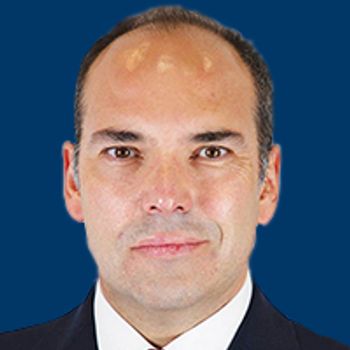
The sustainability of next-generation sequencing will be dependent on the implementation of thorough informatics and infrastructure that can support the integration of genomic results into electronic medical records.

Fox Chase Cancer Center researcher Camille Ragin, PhD, MPH, was recently awarded a Specialized Program of Research Excellence grant of $50,000 for a pilot project examining differences in risk and disease course for Black versus white head and neck cancer patients.
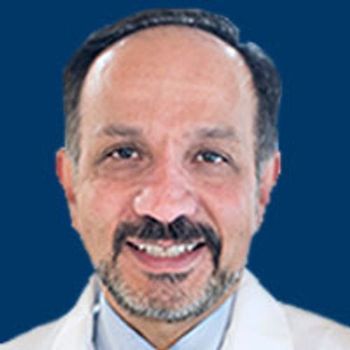
Hossein Borghaei, DO, MS, discusses the clinical implications of the FDA approval of sotorasib in patients with KRAS G12C–mutant NSCLC.
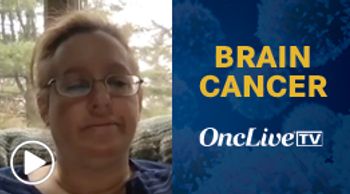
Stephanie E. Weiss, MD, FASTRO, discusses selecting optimal radiation therapy for patients with brain metastases.
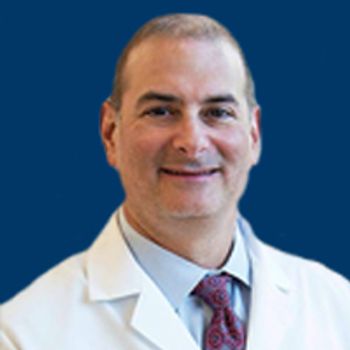
Eric M. Horwitz, MD, FABS, FASTRO, and Stephanie E. Weiss, MD, FASTRO, highlight ongoing research efforts with radiation therapy that are generating excitement at their institution.
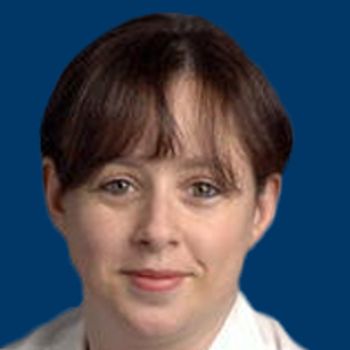
Stephanie E. Weiss, MD, FASTRO and Eric M. Horwitz, MD, FABS, FASTRO, discuss ways to leverage radiation in the treatment of central nervous system metastases, areas of active investigation, and different available strategies that are improving outcomes for patients with cancer.

The combination of ibrutinib and venetoclax were found to act on distinct subpopulations of chronic lymphocytic leukemia that have different proliferative capacities in an ex vivo model of the disease, suggesting that the dual-targeted approach has the potential to eradicate residual disease in patients with CLL.
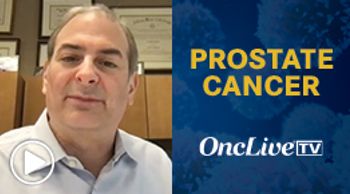
Eric M. Horwitz, MD, FABS, FASTRO, discusses the evolution of radiation therapy in prostate cancer.
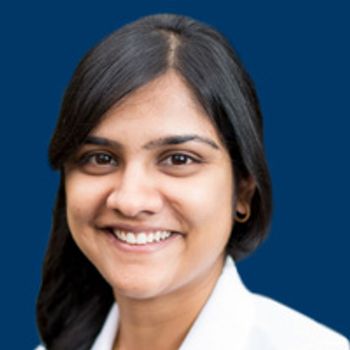
Namrata (Neena) Vijayvergia, MD, discusses the emerging role of immunotherapy in resectable and metastatic esophageal and gastric cancers, as well as key nuances that could complicate these agents’ utility in clinical practice.

Key updates to the National Comprehensive Cancer Network guidelines for gastric and esophageal cancers include the incorporation of immune checkpoint inhibitors spanning settings in patients with gastroesophageal cancer, the inclusion of fam-trastuzumab deruxtecan-nxki for those with HER2-positive gastric cancer, and the addition of recommended ramucirumab combinations for use in second- or later-line settings.
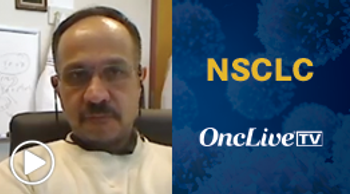
Hossein Borghaei, DO, MS, discusses unique characteristics of EGFR exon 20 insertion mutations in non–small cell lung cancer.
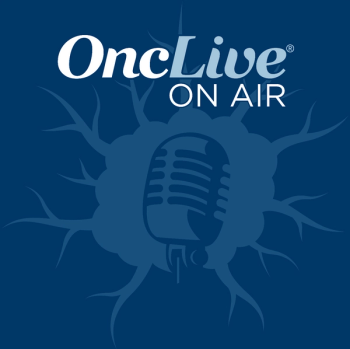
In our exclusive interview, Dr. Borghaei and Dr. Gunuganti discuss patient selection for frontline immunotherapy, combination immunotherapy, and chemoimmunotherapy in NSCLC, the importance of PD-L1 expression, and emerging agents that are coming down the pike.
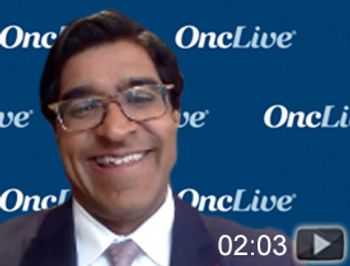
John A. Abraham, MD, FACS, discusses surgical improvements in tenosynovial giant cell tumor.
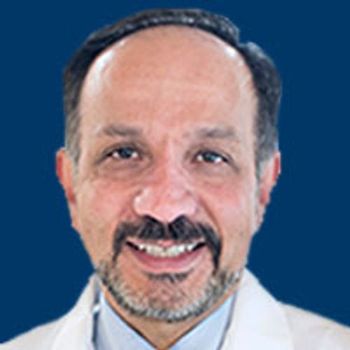
Hossein Borghaei, DO, MS, further discusses the benefit of immunotherapy combinations, the potential of tiragolumab, and the need for better biomarkers to guide treatment in NSCLC.

After 15 years as a surgeon, Jeffrey M. Farma, MD, says he's still learning how to treat patients with cancer. As fellowship director of the Complex General Surgical Oncology Fellowship at Fox Chase Cancer Center, he expects his trainees to be prepared to do the same.
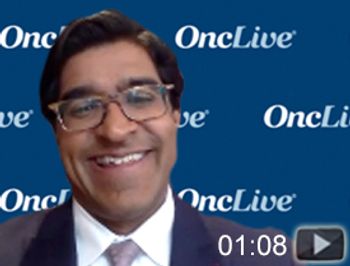
John A. Abraham, MD, FACS, discusses remaining questions with pexidartinib in tenosynovial giant cell tumor.

John A. Abraham, MD, FACS, discusses the clinical utility of pexidartinib in tenosynovial giant cell tumor.
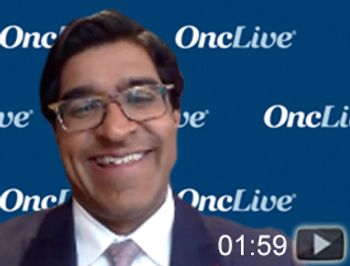
John A. Abraham, MD, FACS, discusses the surgical management of patients with tenosynovial giant cell tumor.
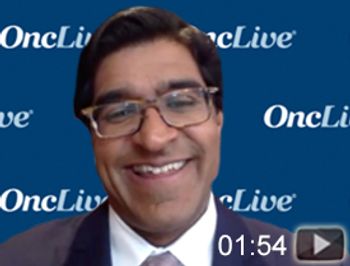
John A. Abraham, MD, FACS, discusses potential symptoms of tenosynovial giant cell tumor.
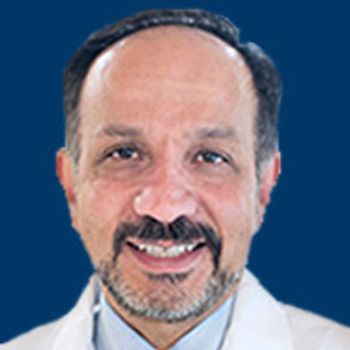
Hossein Borghaei, DO, MS, discusses the impact of COVID-19 on clinical practice and projected how the virus will change practice for the better in the long term.

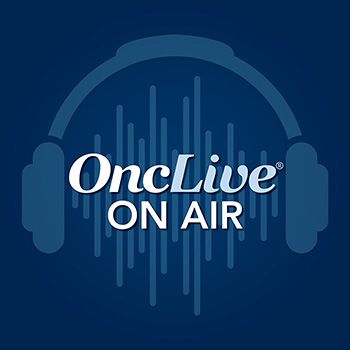
We traveled to Pittsburgh, Pennsylvania, for a State of the Science Summit™ on Lung Cancer, which featured insights from the UPMC and Fox Chase Cancer Center faculty.
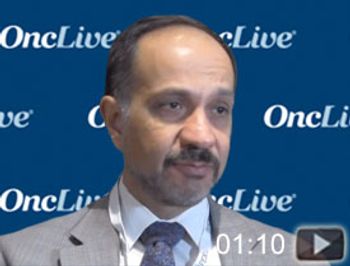
Hossein Borghaei, DO, MS, discusses immunotherapy alone or in combination with chemotherapy in combination with immunotherapy in patients with advanced NSCLC.
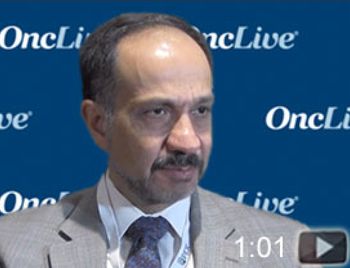
Hossein Borghaei, DO, MS, discusses immune-related adverse events in patients with lung cancer who received immunotherapy/chemotherapy combinations.
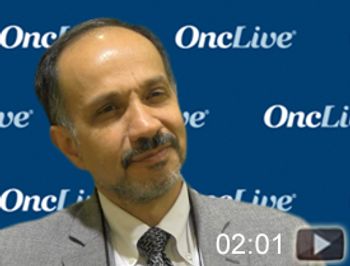
Hossein Borghaei, DO, MS, discusses emerging biomarkers of response to immunotherapy in non–small cell lung cancer (NSCLC).